Displacement Tracking Matrix - Mozambique, Emergency Tracking Tool (ETT) Movement Alert 144 - Cabo ...
Mozambique: Five per cent of Nampula city have coronavirus antibodies – AIM report
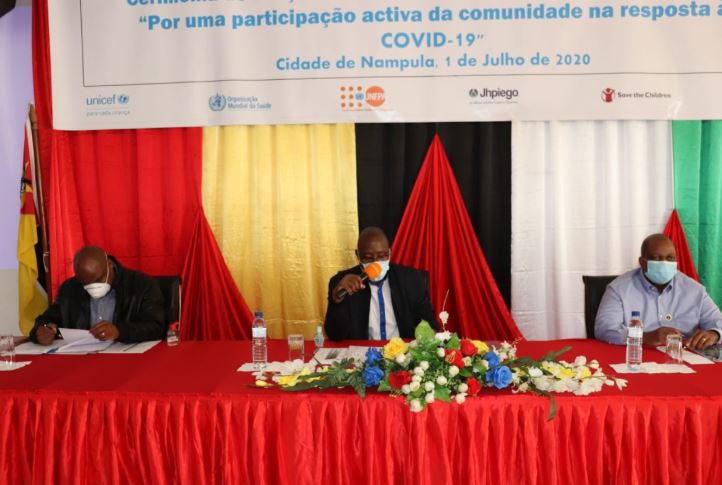
Photo: MISAU
About five per cent of the population of Nampula city in northern Mozambique have antibodies in their blood to the coronavirus that causes the Covid-19 respiratory disease.
This is one of the main results of an epidemiological survey in the city undertaken by the National Health Institute (INS).
The survey, held over ten days, was intended to reach a sample of some 8,000 residents of the city, but in fact it fell short – samples were only taken from 6,272 people. The survey used a blood test, which does not detect the coronavirus directly, but detects antibodies showing that the person in question has been in contact with the virus.
The survey found that the virus is present in all neighbourhoods of the city, but particularly in Natikiri and Namutequeliua, with a prevalence of 12 and 11 per cent respectively.
As for occupational groups, the survey found that five per cent of people working in commercial establishments (such as shops, bakeries and restaurants) had the anti-bodies in their blood, while the prevalence among policemen was six per cent, and among bus and minibus drivers only three per cent.
The group most exposed to the virus was market vendors – ten per cent of those surveyed had the anti-bodies in their blood. This is no surprise – the unhealthy conditions of the city’s teeming markets, particularly the huge wholesale market known as Waresta have been shown repeatedly on Mozambican television stations.
At Waresta, there was no attempt at social distancing, and thousands of people, many of them not wearing masks, were crammed into the narrow spaces between the vendors. Belatedly, Nampula Municipal Council has now closed down Waresta and two other markets for “re-organisation”.
The shut-down of the markets, supposed to be for just three days, has now lasted for a week. The municipal councillor in charge of managing markets, Osvaldo Momade, told reporters the Council is concerned to ensure that the markets are able to implement preventive measures against Covid-19.
There is no new date fixed for the re-opening of Waresta, much to the anger of vendors whose stalls have been demolished. While Waresta is being re-organised, the vendors have been moved to a temporary site in Natikiri neighbourhood, which is just as crowded and unhealthy as Waresta used to be.
Health Minister Armindo Tiago announced the preliminary results from the INS survey on Wednesday, at a meeting of the Nampula Operational Emergency Committee.
“These results, even though they are only preliminary, are of great importance for control actions aimed at the most exposed places and groups, in order to ensure better focus and greater efficiency in our interventions”, said the Minister.
Priority actions under way in the city, he said, include stepping up the reorganisation of the markets, strengthening hygiene and sanitation in the city, improving access to clean water, and a package of hygiene and disinfection measures aimed at those households that already have one or more cases of Covid-19.
The Wednesday ceremony, said Tiago, “also marks the launch of the National Strategy for Community Response to Covid-19, which rests on three pillars – namely, implementation of a range of actions to contain the spread of the epidemic; guaranteeing the continuity of essential health services, both preventive and curative, in the community; and also the active participation of all community development actors in dealing with the social determinants of health”.
The Minister announced that within days an identical epidemiological survey will be launched in Pemba, capital of the neighbouring province of Cabo Delgado. “We shall continue to use this methodology of rapid epidemiological surveys to understand better the Covid-19 epidemic in our country”, he declared.
Nampula is the third largest city in Mozambique (after Maputo and Matola). At the time of the 2017 census, it had a population of over 663,000. In early June, it became the first area in Mozambique where Covid-19 shifted from an epidemic with foci of transmission to an epidemic with community transmission, which is more dangerous and difficult to control.


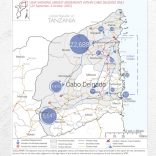
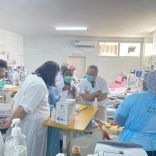

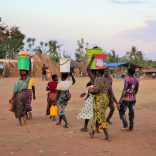

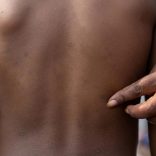



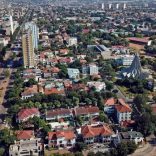
Leave a Reply
Be the First to Comment!
You must be logged in to post a comment.
You must be logged in to post a comment.